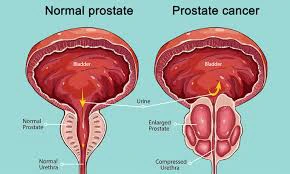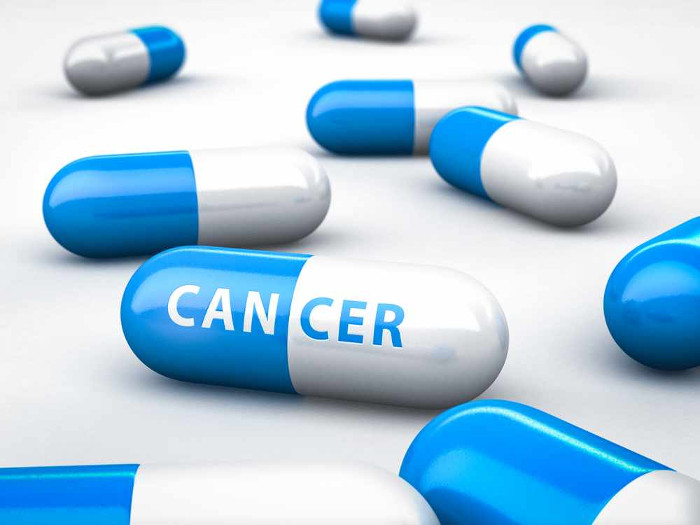We must be cautious in our quest for things that may hurt our health because prevention is preferable to therapy. As a result, we’ll be able to retain our concentration and avoid getting sick.
Because men are more likely than women to develop prostate cancer as they age, this article focuses on them.
This happens when the prostate gland becomes inflamed as a result of an infection. The prostrate glands, on the other hand, govern the flow of seminal secretions in males.

 Men over the age of 50 are more likely to get prostate cancer, commonly known as prostate carcinoma. According to experts, the majority of foods men eat contribute to the onset of this disease, but the two items listed below should be avoided to reduce the chance of prostate cancer.
Men over the age of 50 are more likely to get prostate cancer, commonly known as prostate carcinoma. According to experts, the majority of foods men eat contribute to the onset of this disease, but the two items listed below should be avoided to reduce the chance of prostate cancer.
1. Excessive consumption of red meat
 Red meat’s effect on prostate cancer has been investigated in a variety of methods.
Red meat’s effect on prostate cancer has been investigated in a variety of methods.
According to a 2009 study, red and processed meat consumption was connected to an elevated risk of prostate cancer. In addition, red meat eaters had a 30% higher risk of developing advanced prostate cancer.
This is particularly true if a person’s diet lacks in fruits and vegetables. If you eat meat every day, your chances of developing an enlarged prostate are estimated to be tripled.
According to a study published in the American Journal of Epidemiology, men who eat a lot of red meat are 12 percent more likely to develop prostate cancer. And 33% of these men are at risk of developing a more advanced and severe form of the disease.
2. Excessive consumption of alcohol
 Alcohol appears to be incompatible with the prostate glands, which the majority of men enjoy. Those that use a lot of alcohol are the ones who are most likely to develop this disease.
Alcohol appears to be incompatible with the prostate glands, which the majority of men enjoy. Those that use a lot of alcohol are the ones who are most likely to develop this disease.
Beer and other alcoholic beverages can affect the prostate, causing infections that can grow into malignant cells.
In order to avoid developing this awful condition, males are advised to avoid liquids such as fruit juice, non-alcoholic wines, and the like.

 Health5 days ago
Health5 days ago
 Entertainment1 week ago
Entertainment1 week ago
 Crime6 days ago
Crime6 days ago
 Education1 week ago
Education1 week ago
 Health1 week ago
Health1 week ago
 Comments and Issues7 days ago
Comments and Issues7 days ago
 Football7 days ago
Football7 days ago
 Latest6 days ago
Latest6 days ago

